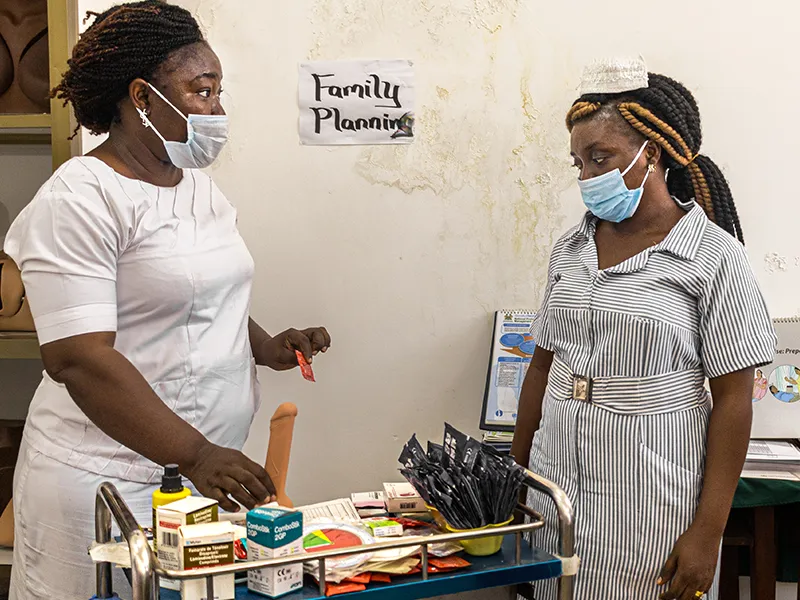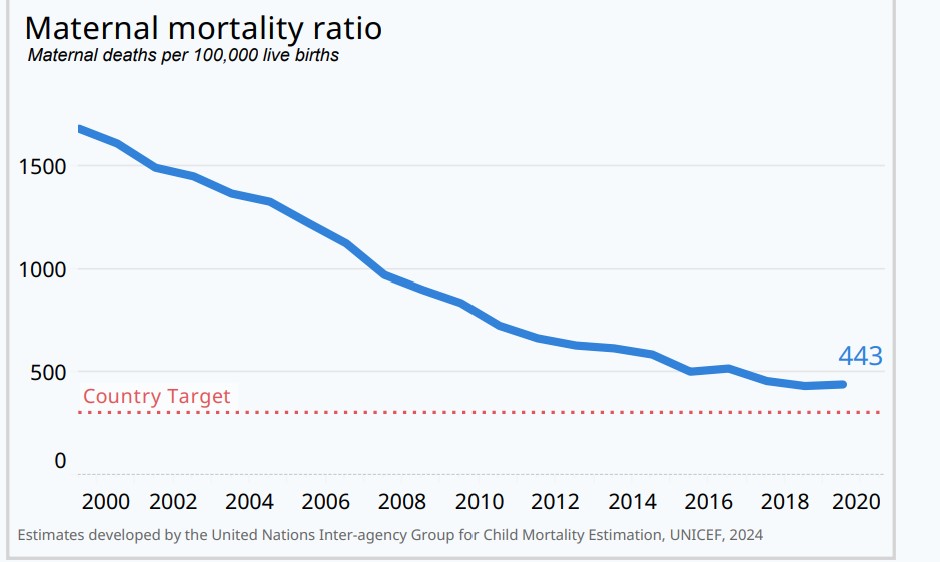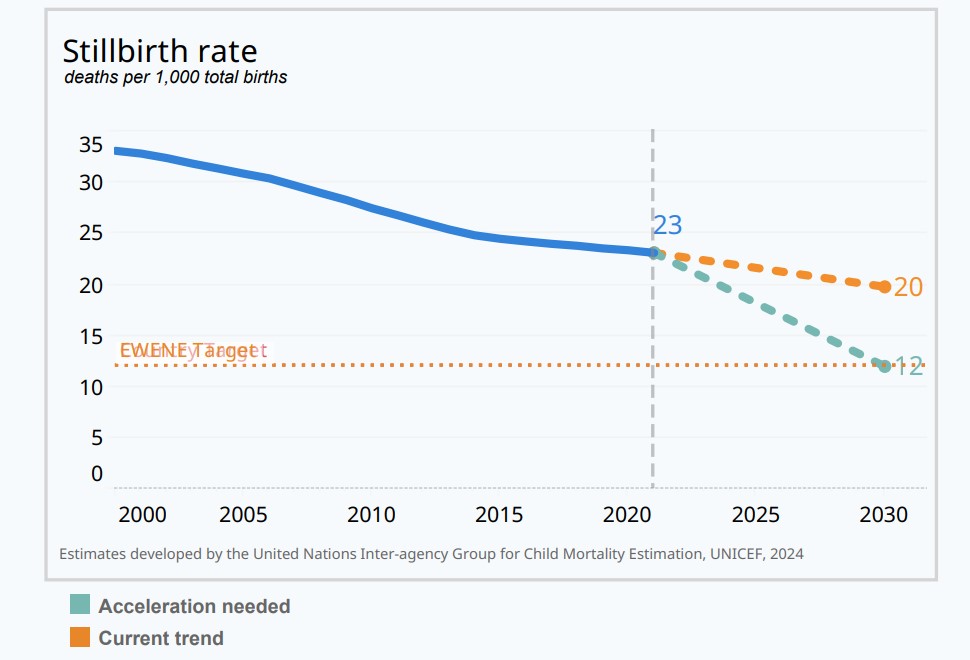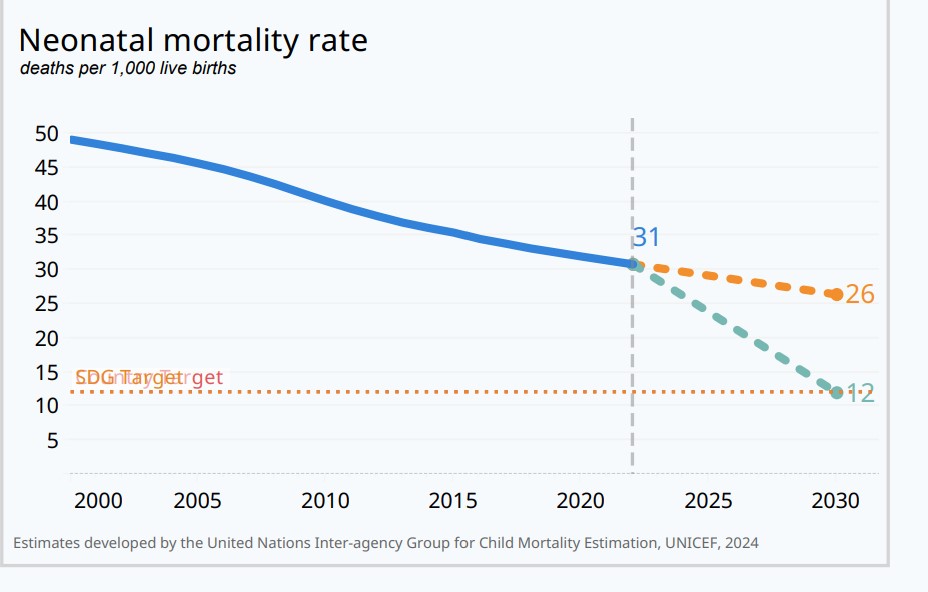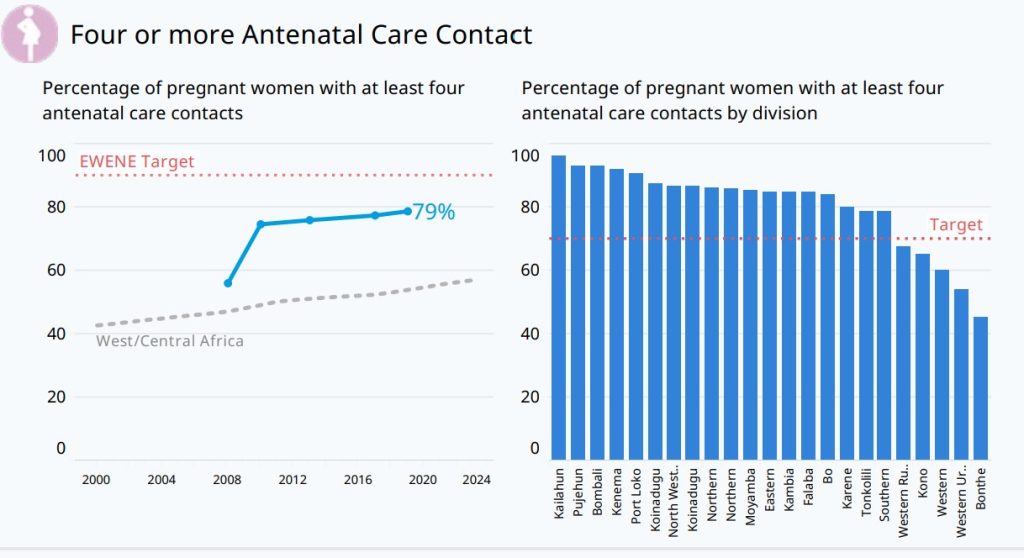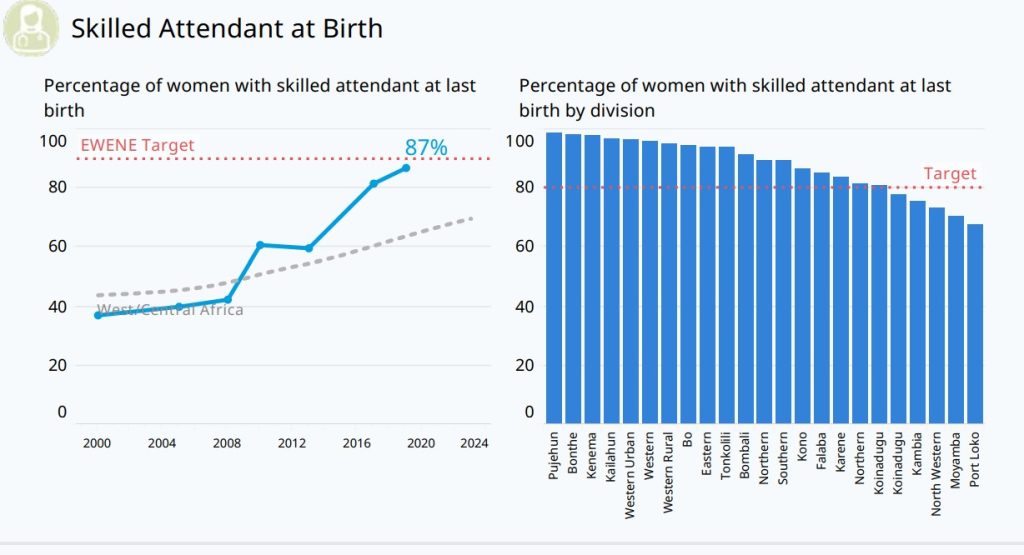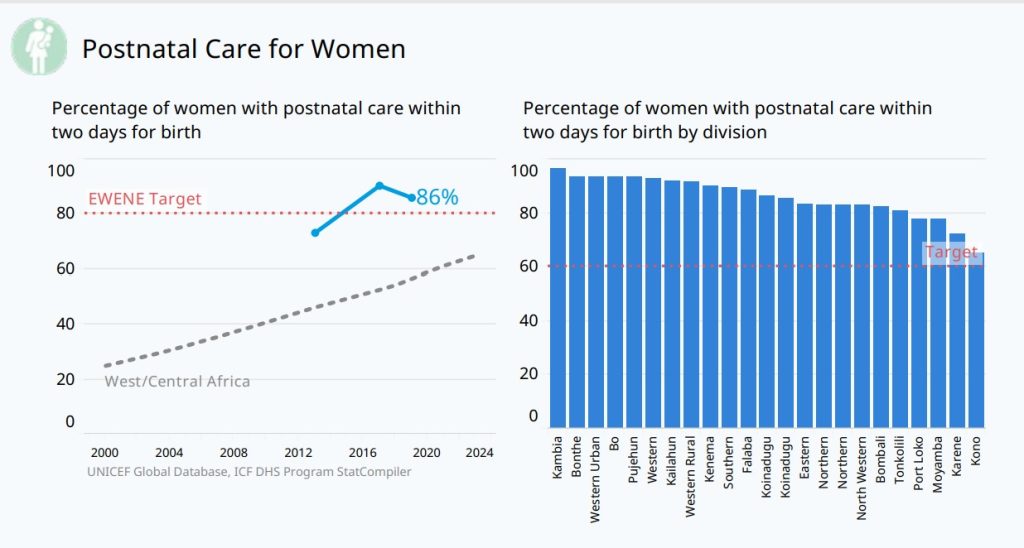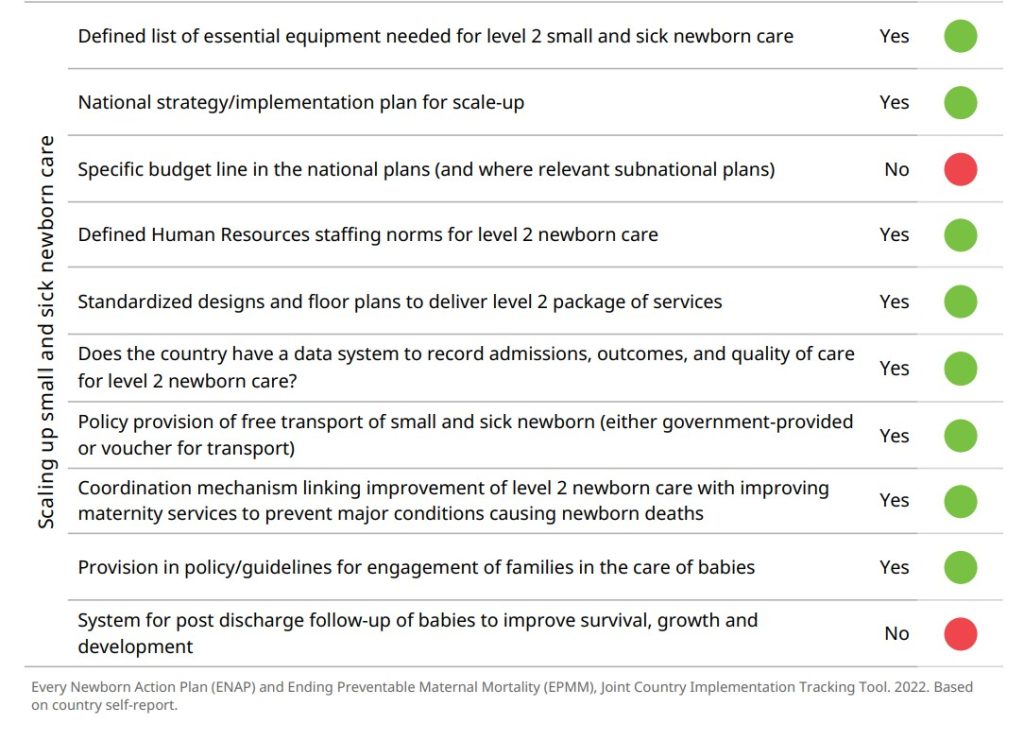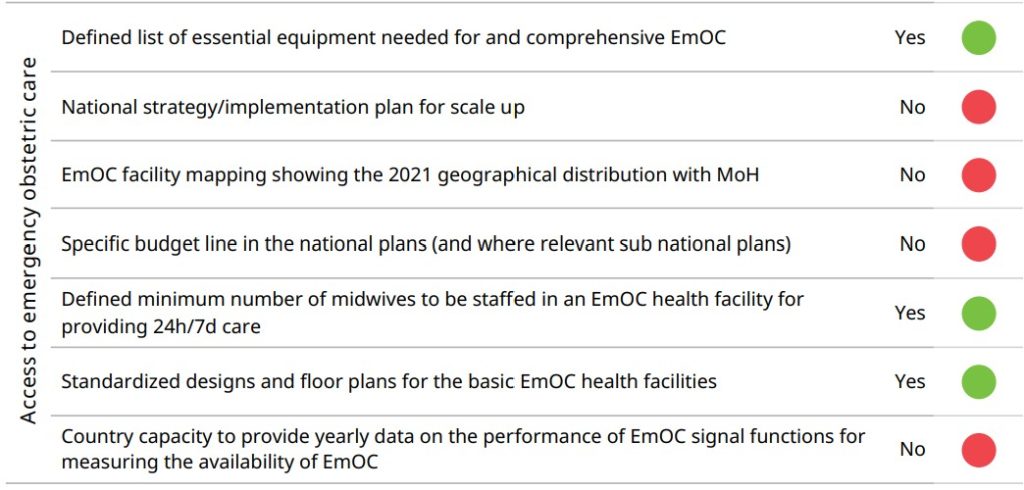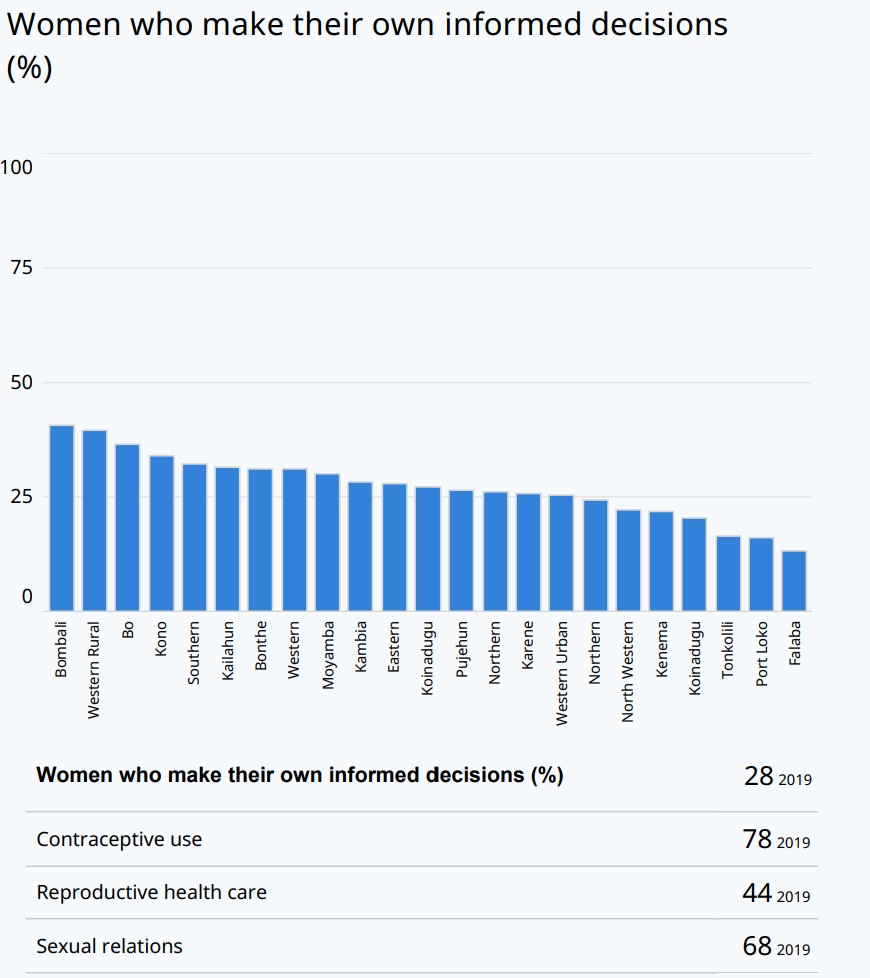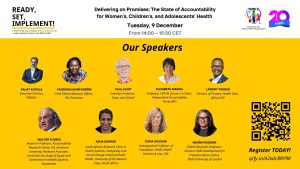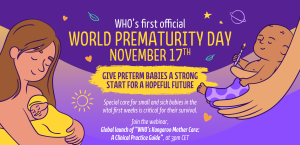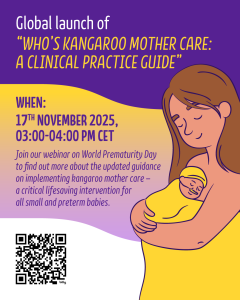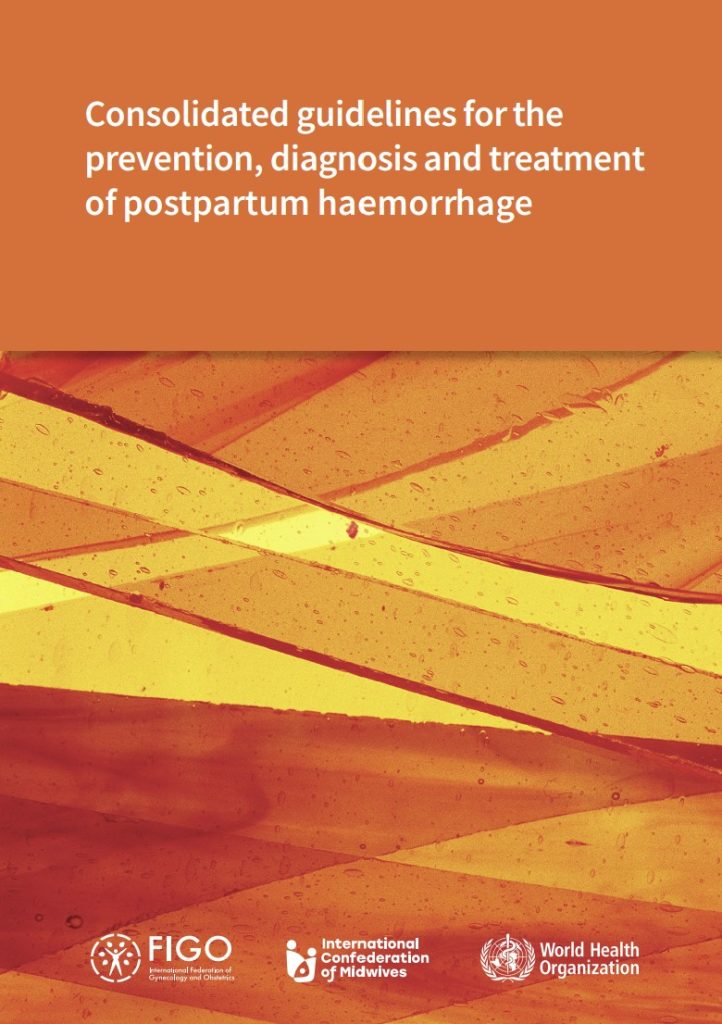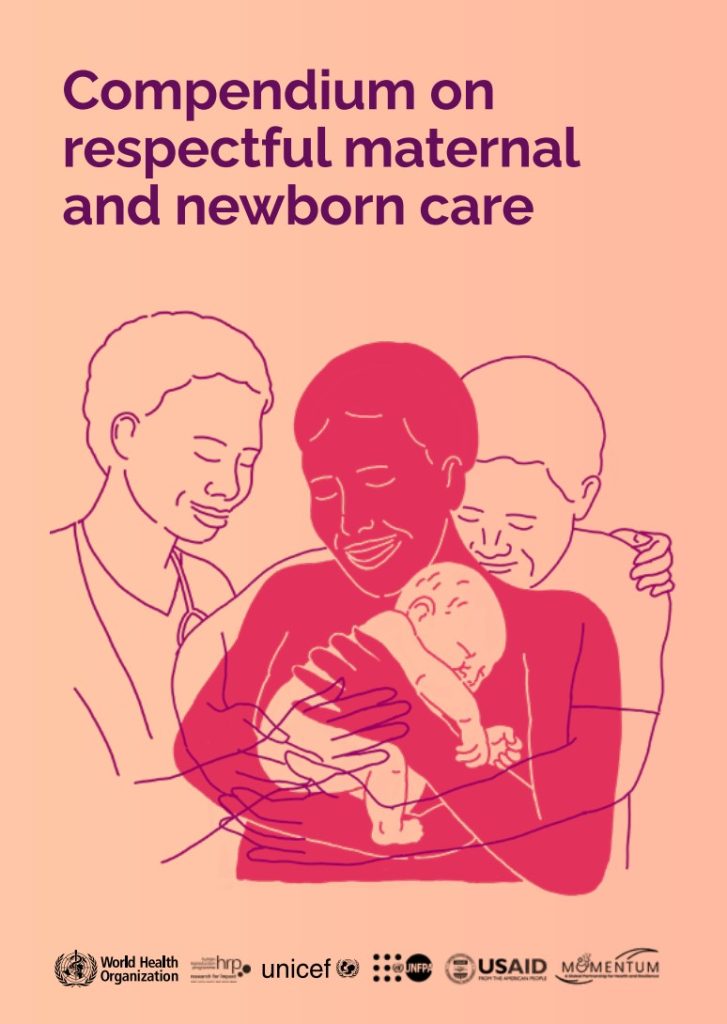A new BMC supplement on Maternal and Perinatal Death Surveillance and Response (MPDSR) looks at what implementation looks like in practice, highlighting research and programmatic insights from low- and middle-income countries working to improve MPDSR systems at national and subnational levels.The supplement ‘Strengthening Implementation of Maternal and Perinatal Death Surveillance and Response (MPDSR): Moving from Data to Action’ features studies that explore:
• Rapid MPDSR tools in humanitarian crises (Tigray, Ethiopia)
• Community engagement to reduce blame and build trust
• The economic case for investing in MPDSR
• Country experiences from Nigeria, North Macedonia, and Sri Lanka
• Measuring implementation progress in Uganda
Additional papers will be published on a rolling basis through 2025.
